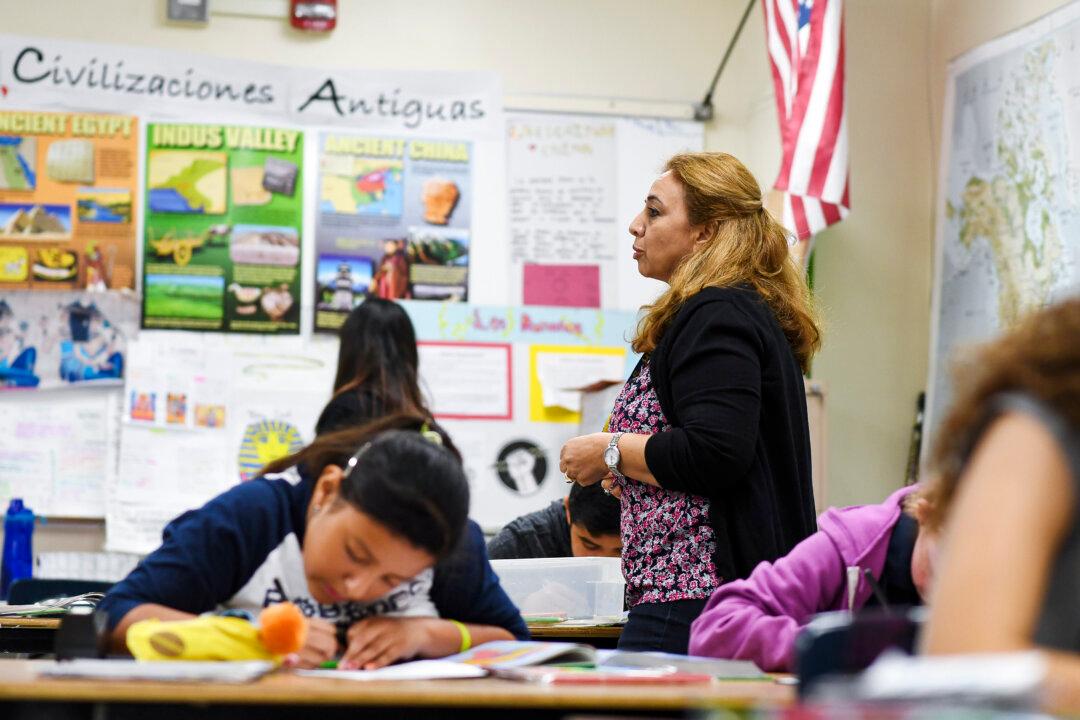Spiritual guidance could soon become an option for more of Florida’s students as state legislation to approve chaplains in public schools moves one step closer to a vote.
And with the favorable passing on Feb. 20 of Senate Bill 1044 in the Appropriations Committee on Education, the Sunshine State takes a step toward opening its public schools to chaplains, following other conservative states such as Texas.





